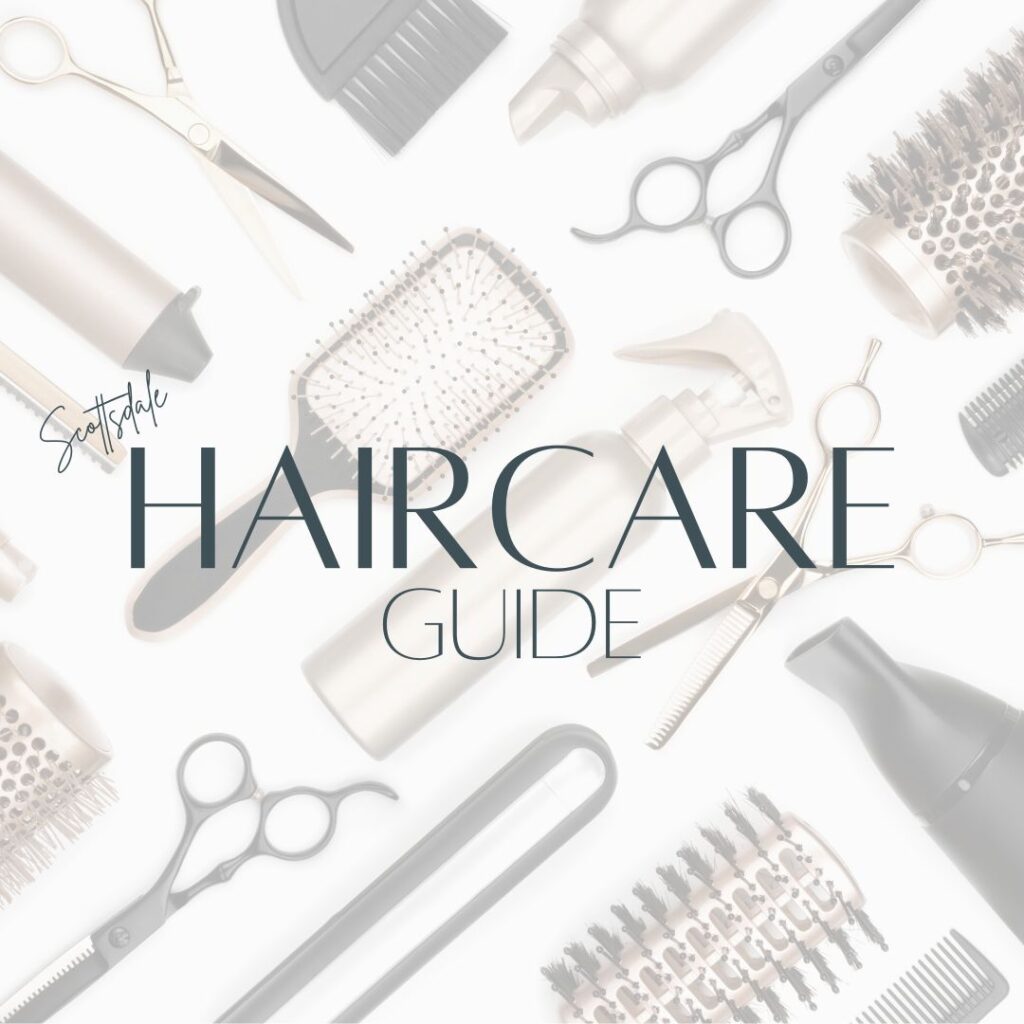Business Journal
How To Beat Winter Skin
By: Kaitlin Barttelt

As temperatures drop and winter approaches, our skin is prone to changes due to drops in humidity, blood circulation and a decrease in the oils the skin naturally produces, creating an environment where our skin is no longer able to trap moisture as well, which can lead to dryness, irritation and blemishes, all of which can be exacerbated if not treated properly.
So while drier air and indoor heating aren’t doing your skin any favors there are some simple steps you can take to be kind to your skin even when the weather is not!
Avoid Hot Showers
Hot water can strip the skin of its natural oils and worsen dryness. Opt for lukewarm water when washing your face and body. Although scorching showers may be a form of self care, limit hot showers to 10 mins or less to treat and prevent dry/dehydrated skin.
Invest in a Shower/Sink Filter
The Phoenix water supply is notorious for containing chlorine and high levels of calcium and magnesium that dry skin and hair. I recommend installing a quality shower filter (and sink filter!) and remembering to replace the filter cartridge every 3-6 months for optimal results. Brands like Aquasana, Pure Filters Direct, Berkey and Feelso are highly rated.
Add a Humidifier
Environmental humidity plays a huge role. Central heating causes drier interior environments during the winter, which can lead to increased water loss simply from breathing. Humidifiers reintroduce moisture into the air, target 35-45% relative humidity for ideal results. Keep one in your bedroom to help your skin stay adequately hydrated, especially while you sleep.
Hydrate From Within
Healthy skin is not all lotion and potions. Simply drinking more fluids and upping your Essential Fatty Acids (EFAs) will help your skin (and body) stay healthier this winter. In cold environments the kidneys excrete more urine, and dehydration sets in when the body loses more water than it takes in. In general it is recommended that women take in 2.7 liters (11.4 cups) and men 3.7 liters (15.6 cups) of water per day. While water is a great way to internally hydrate, I also recommend upping your Omega 3s EFAs to waterproof the skin from within. EFAs repair the cell membranes, improve barrier function and reduce transepidermal water loss. Omega 3s can be found in Mackerel, Cod Liver Oil and Flax Seeds, but you can easily up your EFAs by orally taking 1500 mg a day of a quality Omega 3 Supplement*. (*consult your doctor first)
Adjust your Skin Care to the Weather
As the seasons change, so should your skin care regimen! The low humidity levels in the air draw moisture from the uppermost layers of the skin and as your skin loses moisture it feels tighter (dehydrated) & wrinkles may become more noticeable.
The skin tries to compensate for this moisture loss by slowing skin cell turnover (oh no!) which makes the outer skin layer thicker, and while that helps protect the skin from the elements a little, it makes the skin look dull and flakey.
1. Choose a Richer Moisturizer
Bumping up those moisturizers for a formula that’s slightly richer to combat the dry air and harsh winds we tend to experience during these colder months. We must retain the integrity of the skin’s natural barrier, which can be accomplished by using a moisturizer packed with ceramides and lipids to help lock moisture in the skin and oil and water to hydrate.
2. Use a Hydrating Cleanser
Switch your cleanser over to something less stripping and more hydrating that won’t remove your natural oils or disrupt your skin’s barrier. Depending on your skin type, better options would be an oil, cream or mild cleanser that are sulfate free, soap free and pH balanced in lieu of harsher cleansers that may be medicated, too acidic/alkaline or contain multiple surfactants.
3. Avoid Physical Exfoliants
To achieve the best penetration of products that support your barrier, one must keep the skin exfoliated. Your products will have much more success penetrating further into the epidermis if they don’t have to make their way through any dead skin cell build up. Exfoliating the skin is going to ensure that ingredients that provide moisture and hydration combat this issue with ease.
The right exfoliator is crucial for any skincare regime, but remember to use it in moderation. Over exfoliation may irritate and strip your skin, especially in the dryer months. Instead consider a gentler chemical exfoliant like a low dose lactic acid or an enzyme mask to digest dead skin cells instead of a physical scrub.
4. Look for the right ingredients to combat winter woes
We can boost the hydration in our skin through products like skin mists, serums and hydrating masks but some of my favorite ingredients this season
-Humectants like hyaluronic acid, beta glucan, aloe vera and glycerin to help retain moisture effectively
-Occlusives like oil, petrolatum, shea butter or dimethicone to prevent transepidermal water loss.
-Ceramides, lipids, amino acids and niacinamide (b3) to protect and repair the skin barrier.
Some of my favorite products with these all star ingredients are: Peptide Firming Cleanser, CBD Skin Mist, Barrier Repair Cream, Vitamin E Cream, Vitamin C Cream, Comfort Cream, Recovery Cream, Cell Protection Balm, Hydrating Enzyme Mask, Protective Skin Serum, Hydrogel, Beta Gel, Essential Serum and Hydrating Lip Balm which can all be purchased here.
Frozen when choosing skincare? Contact me (or book a complimentary consult) and I’ll make it easy for you!
About the Author
Owner of KB SkinCure, Kaitlin Barttelt is a Licensed Master Esthetician & Acne Specialist based in Scottsdale, AZ with pop up locations in Washington, DC.
She uses a holistic approach to treating skin conditions at the root cause by blending internal wellness & corrective skin care for a comprehensive approach.
Awarded in Washington City Paper, Washingtonian Magazine, Allure & CBS DC in “Best of” category.





































